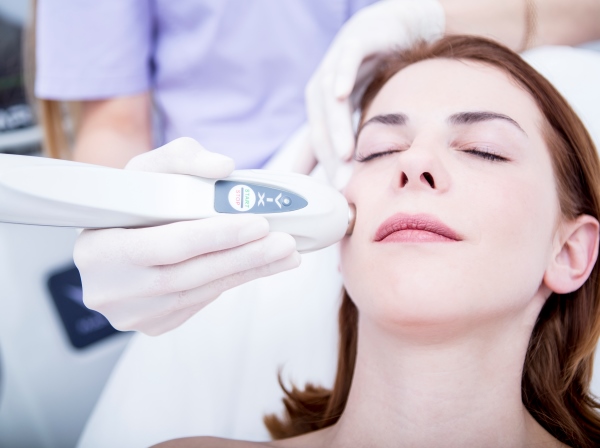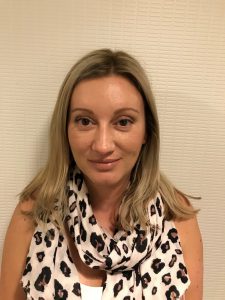
Kony Peev, Solta Medical’s resident clinical training specialist, is also a registered nurse with post graduate certification and years of experience in the cosmetic and plastic surgery fields.
She is a certified laser operator and has extensive knowledge in the laser cosmetic field.
She caught up with Professional Beauty to share what a typical work day for her entails.
What are your typical working hours when training new therapists? “It really depends on where in the country I need to be. If I am flying into a city to do training I could be up at 4am and on a plane, getting to the clinic anywhere from 9am to commence training. Most times flying back home to Melbourne on the same day.”
What are some of the first few things you do when you arrive at a clinic to train therapists? “After introductions I set up, ensure their machine/s is ready, they have their model organised and we start with theory training on the modality.”
How many clinics do you visit on a typical day? “It depends on the day, but generally only one or two, as training takes quite a few hours.”
How many therapists do you train at a time? “As many as the clinic requires, it can vary from a one-on-one to a few, or to large groups when I run master class trainings at a venue.”
How do you create the training course for the therapists? “As our products are all TGA and FDA approved, it means that the information I present has to be approved by our medical/regulatory department. All of the content has been provided for and set up to meet Australian standards. The course has been designed to cover all aspects of our modalities, like technology, safety, patient selection, treatment parameters etc. It ensures that therapists are equipped to perform accurate, safe and effective treatments following the training. I also have materials that I leave with them to refer to in the future.”

How many new skills are you teaching the therapists each day? “I teach the theory component, which gives them the knowledge to understand the machine they are using and also hands on skills to safely and effectively be able to perform a treatment.”
How do you keep up with the newest consumer trends and products? “I read a lot of clinical papers, journals and general print media as well as social media. Attendance at industry conferences is also very valuable.”
How do you ensure that your students understand your teachings? “The sessions I hold are very interactive and it is a safe learning environment and asking questions is encouraged. To formally assess their understanding they are given a quiz to complete following training to find if there are any gaps in their knowledge. They are also required to complete a number of supervised treatments post-training in order to qualify to receive a certificate of training/competence.”
What are your favourite treatments to perform and why? “I love all our modalities in different ways and for different reasons. Clear + Brilliant is the easiest laser to use, it does the work for you. And clients always love their results. Fraxel is also really easy to use, but the different conditions you can treat with it make it very interesting to use. You can use it in the beauty arena for rejuvenation or more medically to treat surgical scars or melasma.”
Do you have any celebrity clients? What are their go-to treatments? “I personally don’t as I work for Solta not a clinic, however one only needs to look to Instagram to see how many celebrities use and love our treatments. Anna Heinrich used Clear + Brilliant as part of her pre-wedding skin preparation, and Megan Gale is a fan of Thermage treatments. When you look internationally, it’s a similar scenario – lots of celebrities are having these treatments and talking about it.”
What are the skills and personal qualities required to be a clinical training specialist? “Skills required are a background in Nursing/Dermal Therapy or equivalent with both qualifications and experience in teaching/training/adult learning. Personal qualities vary between trainers; however I do believe that first and foremost one must have a passion for what they are teaching, followed by a passion for teaching itself. You need to be patient, flexible in your approach and deliver the training in a non-threatening, easy to understand manner. This ensures your trainees feel relaxed and are able to learn. Empowering them with the knowledge and skill to perform these treatments is by far the highlight of this role.”

